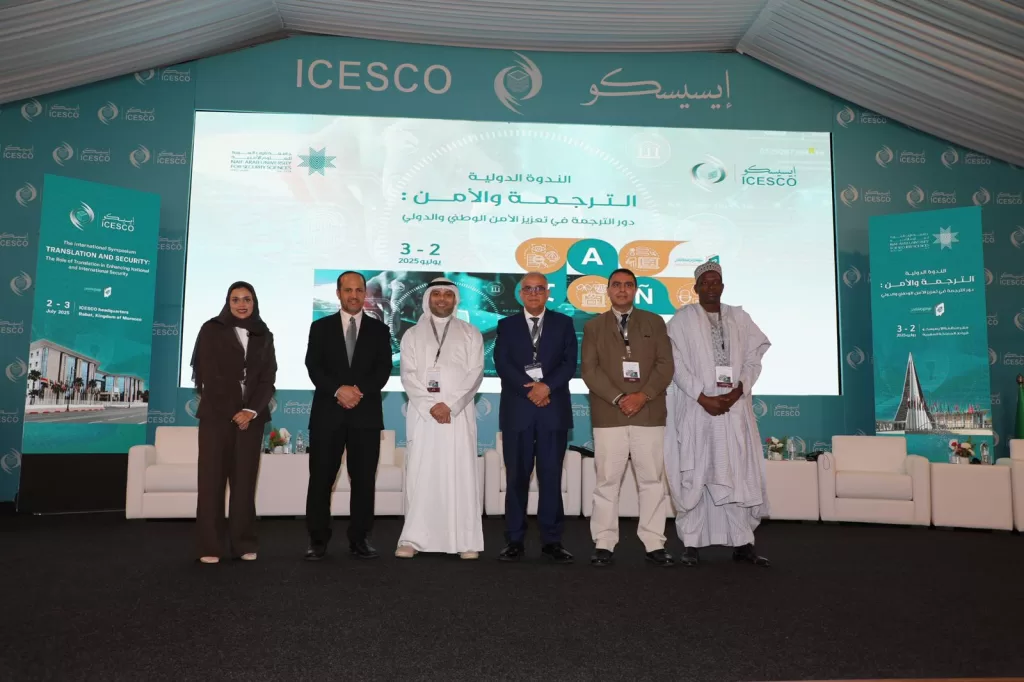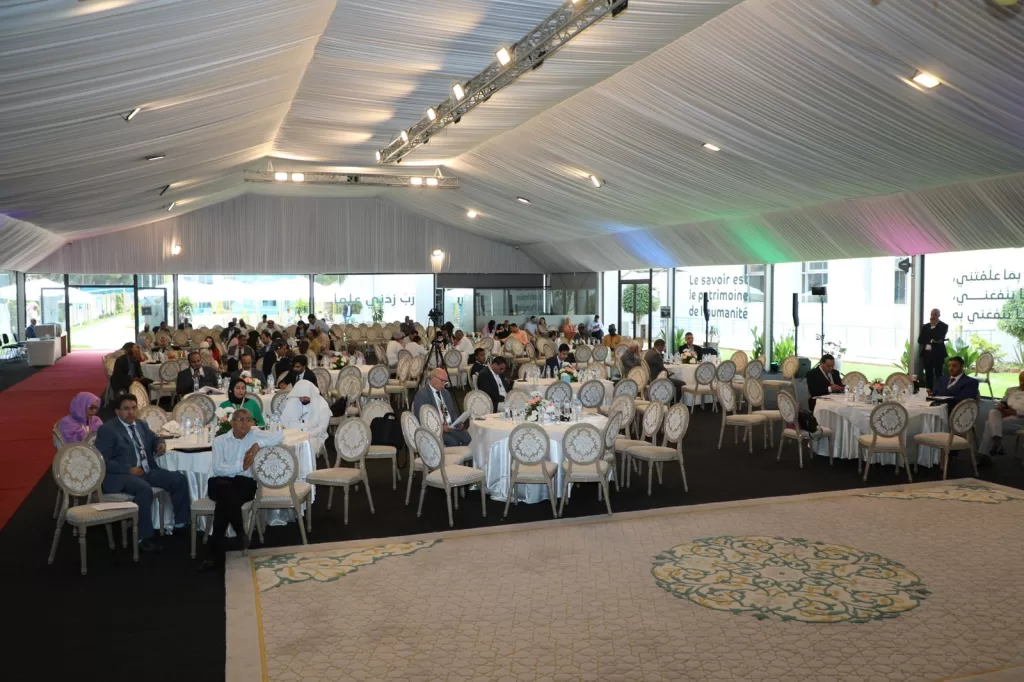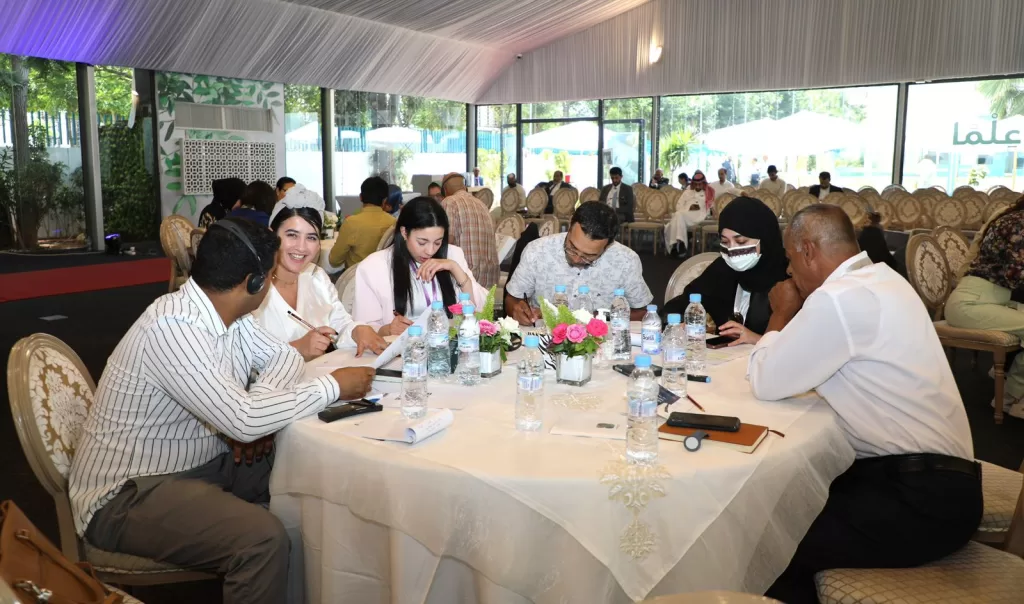
“Translation and Security” Symposium Calls for Developing Technological and Linguistic Mechanisms, Fostering Complementarity between Security Agencies and Translators

7 July 2025
Participants in the international symposium “Translation and Security: The Role of Translation in Enhancing National and International Security,” held at the headquarters of the Islamic World Educational, Scientific and Cultural Organization (ICESCO) on 2–3 July 2025, in partnership with Naif Arab University for Security Sciences, made ten key recommendations following five working sessions and a training workshop, during which 24 researchers from 13 countries presented scientific papers on the best practices and mechanisms pertaining to security-related translation.
The recommendations reflect the five themes of the symposium. In the first recommendation, related to the “Role of translation in addressing security issues and enhancing national and international security,” participants stressed the need to establish national specialized security translation centers under the security authorities to unify critical security concepts and terminology, provide qualified and trained staff to meet the growing needs in this sector, and emphasize the proactive role of translation in monitoring and analyzing extremist discourses in various languages.

The recommendations resulting from the second theme, “Strategic partnership among security institutions, translation experts and international organizations,” emphasized the importance of establishing permanent coordination committees between security bodies and translation centers to develop relevant linguistic policies and exchange experiences. They also emphasized the importance of including translators in crisis and disaster management teams and providing them with multidisciplinary training covering linguistic and technical aspects and emergency scenarios.
Under the theme “Linguistic and Cultural Challenges to Security-related Translation,” the recommendations called for the development of dictionaries and translation standards that take into account cultural and political differences when dealing with security texts, especially in sensitive contexts, and the need to provide cultural and ethical training programs for security translators to enhance their awareness of local and cross-border contexts and ensure a high level of security while performing their duties.

The fourth theme discussed “Security translation and challenges of digital advancements,” emphasizing the importance of adopting hybrid models that combine neural machine translation (NMT) and human editing, focusing on developing specialized and secure databases to train intelligent systems in the security field. The experts also called for promoting the use of AI tools in offline environments by designing mobile and secure translation applications that can be used in areas with no technological infrastructure.
The last theme addressed the relationship between “Translation and Cybersecurity,” stressing the need to compile specialized dictionaries in the field of cybersecurity, in cooperation between linguists and technical experts, to ensure terminological accuracy and consistency in a rapidly changing digital environment, and calling for the integration of translation into national cybersecurity policies.
This symposium is a qualitative step towards institutionalizing security translation as one of the pillars of comprehensive security in Muslim countries and a strategic area that needs further cooperation between educational and security institutions, at both the research and applied levels, to enhance states’ capacities to confront multidimensional threats.




